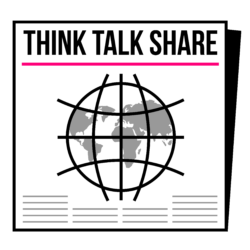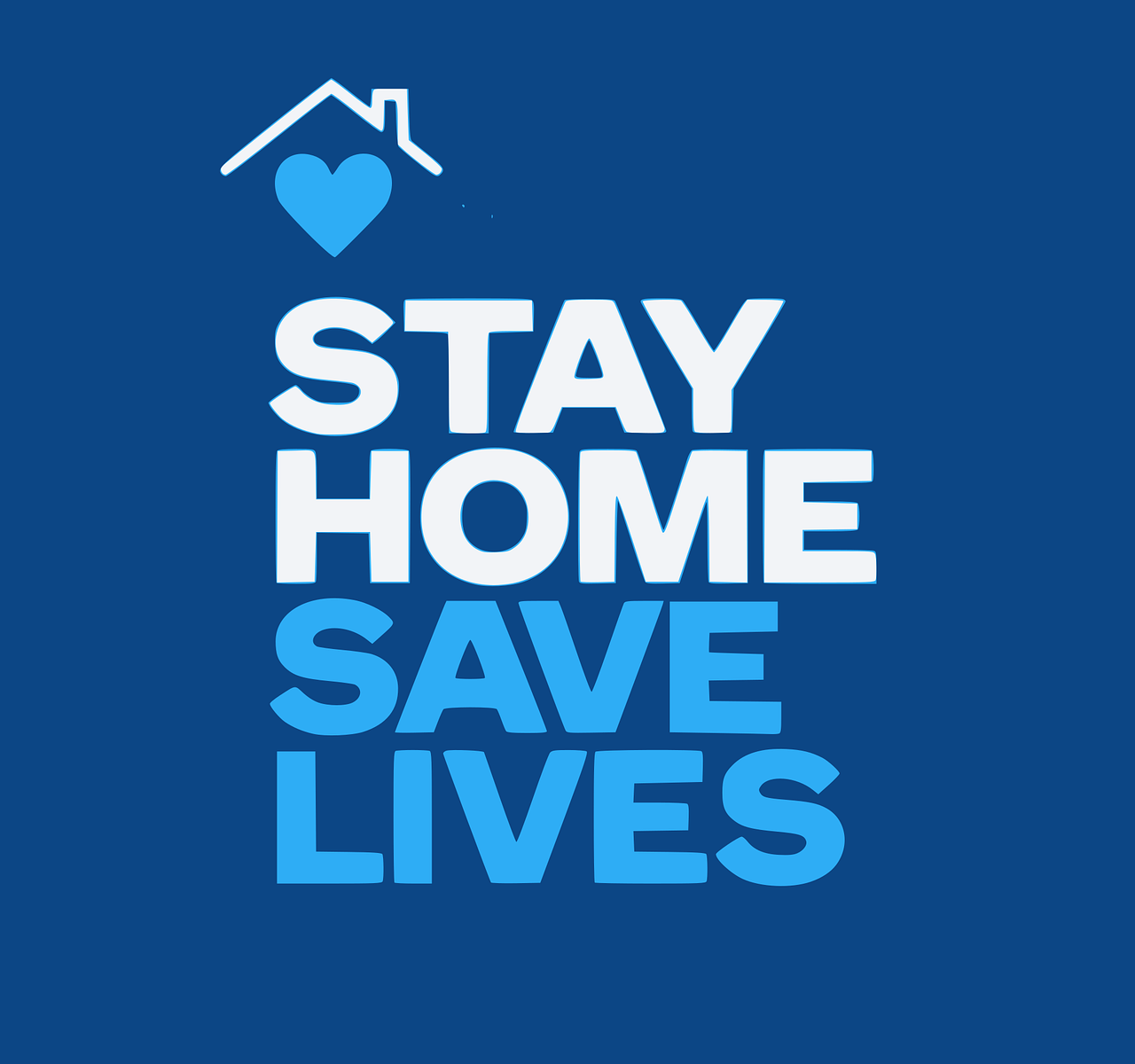Growing up, my role models included my mother, Michelle Obama, and Aly Raisman, women I look up to because of their work ethic and amazing achievements. Today, many kids look up to Charli D’Amelio and Addison Rae, two of the app Tik Tok’s most famous stars, young women who in this case are role models simply because of their fame. Whereas I was taught that achieving my goals required hard work, generally academic, and overcoming challenges, today “influencers” on social media preach to young kids that if they make enough “good content,” they will become famous and be successful financially, very successful. I have spent my years in high school participating in sports, volunteering in my community, and conquering a full advanced placement course load so that I can get into my dream college. Today, kids spend their free time repeatedly making Tik Toks in the hope of going viral and getting signed to a talent agency, yet another example of America’s worship of celebrity culture. This phenomenon is not new; America has been dealing with a warped celebrity culture for years. The Kardashians are famous based off a reality show where they exploit and put each other down. Paris Hilton is an international celebrity solely based on her wealth. Donald Trump gained his fame and notoriety through a reality television show,“The Apprentice,” and now as president he has the platform to spew incorrect “facts” that continue to rivet the media. Being young, beautiful, able to push out your image, and on your way to or already rich, are suddenly criteria for social importance. These social media stars are famous for being famous, a phenomenon social media apps, such as Instagram and Tik Tok, have amplified.
Around the world, 800 million people have downloaded the Tik Tok app. Instagram has one billion active users. According to Statista, the average American spends 2 hours and 3 minutes on social media per day. As a Tik Tok and Instagram user myself, I am not saying social media is the root of all evils. Many medical professionals are using social media apps like Tik Tok to put out credible information about the coronavirus during this pandemic. Social media has also provided a great outlet for people to stay in touch during quarantine and to develop their creative talents. However, as I have grown up during the age of technology, I have noticed a significant difference between what made someone impressive when I was in elementary school versus what makes someone noteworthy today. As an elementary schooler, the people on the news were doctors, politicians, and famous athletes. You were considered impressive by the kind of degree you had, or the tier of college you attended. Today, your value is measured based on how many followers and views you have. It is based on how many likes you have accumulated on your platform, or how many viral videos you have produced.
Tik Tok has created a culture where it is cool to drop out of college to become an influencer. Ten years ago, being an influencer wasn’t a job that existed. Now, kids are putting out content on their social media accounts, begging for followers, so they can prove to their families they can be influencers and circumvent college altogether on a fast track to success. On Tik Tok, I see multiple viral videos of kids asking for viewers to help them hit a certain number of views so they will hit that new benchmark of fame and success. Addison Rae, one of the most successful individuals on the platform with 36.3 million followers, stated in a James Charles video that she “resigned” from LSU to pursue her Tik Tok career. Tik Tok Star Charli D’Amelio has 51.3 million followers, more than the entire population of California. Based off of her popularity, D’Amelio has hinted on her accounts and the Ellen Show that deals for a reality television show and going on tour may be in the works. Going on tour for what exactly? During quarantine due to coronavirus, our social media use has only increased, and each day the message is pushed out to more impressionable kids that they should trade their as yet hazy career goals for instafame, living with a collective of influencers like Tik Toks “Hype House” or “Sway House.” Honestly, I love making Tik Toks because I enjoy dancing and it is fun – I consider it my fifteen seconds of fame, but the idea that our culture is undergoing a shift exacerbated by this quarantine, where we now value influencing over education, is an idea we should reject. Tik Toks and their creators should stay as they started out as fun ways to pass the time with friends and not a replacement for hard work, academic rigor, and a college education.



